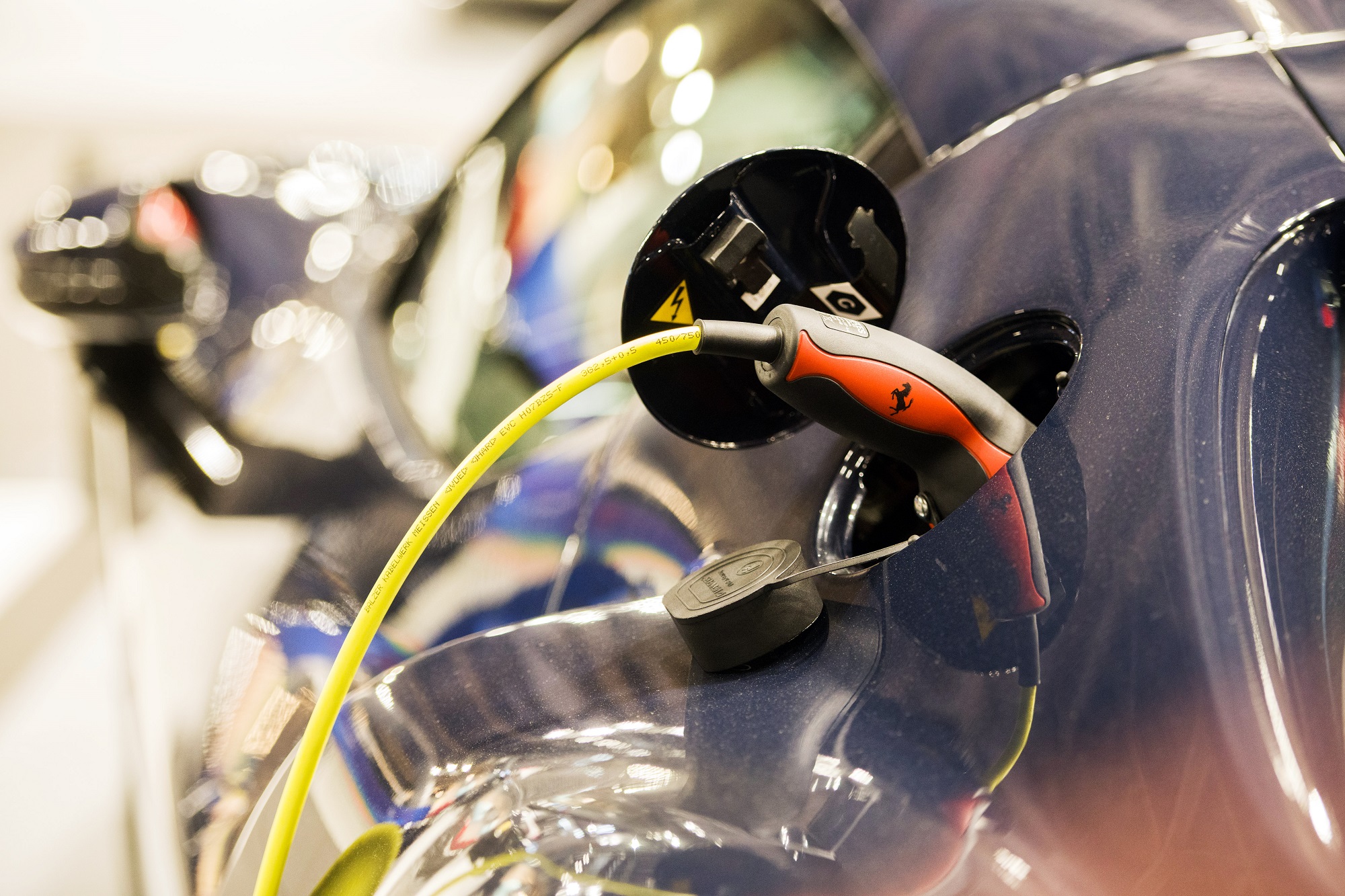
What Is a Level 2 EV Charger?
Buying an electric vehicle (EV) can be stressful if your experience is limited to traditional internal combustion engines (ICE). However, arming yourself with knowledge of some of the basics of an electric car can help you understand your new vehicular choice. For instance, charging an electric vehicle involves a few different types of chargers, including a Level 2 unit. So, what is a Level 2 EV charger, and what makes it different?
What is a Level 2 EV charger?
A Level 2 EV charger sends electricity to an EV’s battery architecture from a 240-volt hardwired system. It is the most common type of charger for personal EVs, as owners can install them in their homes or places of business.
According to Cars.com, a Level 2 system charges via a 240-volt connection, which allows for much faster charging speeds than a 120-volt Level 1 unit. This architecture is the fastest way to fully charge your electric vehicle without leaving the convenience of home. Of course, a DC-charging setup will add range to your EV much faster than your home charger, but it’s a public system with some drawbacks, like decreased battery lifespan.
However, charging speeds are dictated by amps as well as voltage. For instance, a second-level EV charger could have between 12 and 80 amps.
Do you need a Level 2 home charger?
You don’t need a Level 2 charger at your home, but it’s the only way to really ensure that your EV is ready to meet your daily driving needs. The Level 2 system charges an electric vehicle much faster than a Level 1 unit, sometimes 10 to 12 times quicker.

Still, EV owners who can take advantage of a DC fast charging station should do so; Cars.com says a DC fast charger could add as much as 10 miles per minute. This is because DC EV chargers use direct current, which EV battery systems accept without the need for conversion. On the other hand, the lower-tier chargers have to convert alternating current (AC) into DC, which creates a slow-down point.
What is the cost of a Level 2 charging station for your home?
Installing a Level 2 charging station in your home could cost anywhere between $200 and $2,000, with some premium units costing twice that amount. However, with some charging systems offering up to 80 amps, the charging speeds make the investment worth it.
In fact, some 80 amp systems could add as much as 65 miles of range in one hour, like some of the home chargers from JuiceBox and Bosch.
Which charger should you buy for your home?
Your budget and vehicle should dictate which home charger you purchase. For instance, a 240V charger at 80 amps could deliver a fast charge, but you might not need or have the budget for a charger of that caliber. Instead, owners might be OK with a 40-amp or 60-amp system.
Do you use a home charger to top up your EV? Tell us about it in the comments below!


